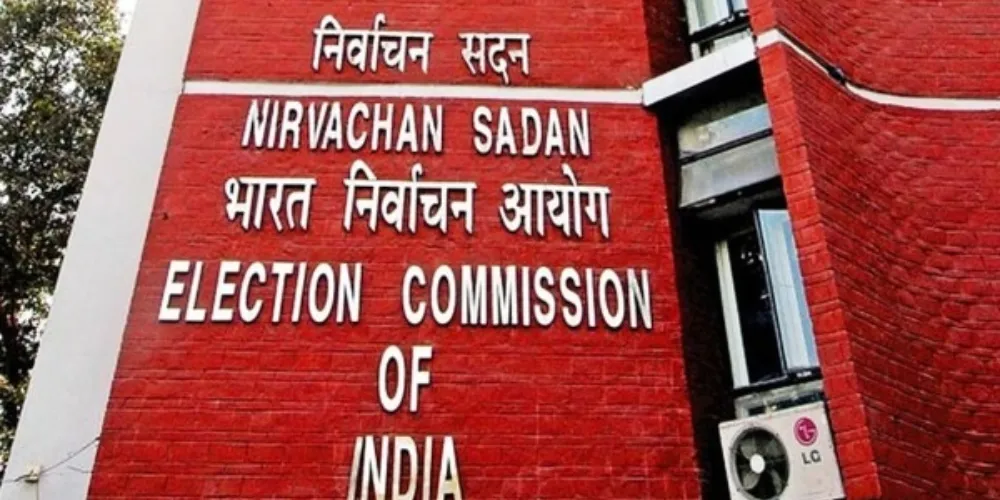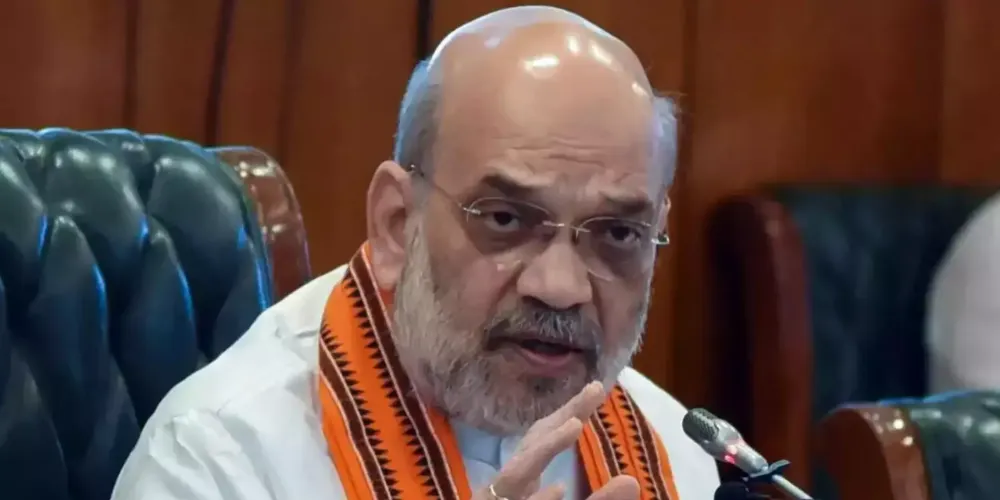The Election Commission’s (EC) proposed consultations with the Unique Identification Authority of India (UIDAI) to ‘clean up’ voter lists have sparked a political controversy, with the Congress terming it an acceptance of their long-standing charge of discrepancies in electoral rolls. The move has triggered fresh debates over voter list integrity, Aadhaar-voter ID linkage, and concerns of potential disenfranchisement.
EC’s Plan to ‘Clean Up’ Voter Lists
The Election Commission has announced plans to work with UIDAI to address anomalies in voter lists, a move aimed at improving accuracy and preventing fraudulent entries. The initiative is expected to streamline the electoral process by identifying duplicate or invalid registrations, ensuring that voter rolls reflect genuine and eligible citizens.
This step comes amid increasing reports of irregularities, including cases of multiple entries for the same voter and missing names during elections. The EC’s approach aligns with its broader efforts to digitize and secure electoral data, reducing the scope for electoral malpractices.
Congress Calls It an Admission of Fault
The Congress party, a vocal critic of the electoral process’s alleged flaws, has seized upon the EC’s move as an acknowledgment of irregularities they have been highlighting for years. Party leaders argue that the decision proves their allegations of manipulated voter lists, which they claim have disproportionately affected opposition supporters in previous elections.
According to Congress, past elections have witnessed unexplained deletions, ghost voters, and inconsistencies that have cast doubt on electoral fairness. The party asserts that linking voter lists with Aadhaar raises concerns about privacy and the possibility of mass disenfranchisement, particularly for marginalized communities.

The Debate Over Aadhaar-Voter ID Linkage
The linking of Aadhaar with voter IDs has been a contentious issue, with proponents arguing that it can curb electoral fraud while opponents warn of privacy risks and exclusion of genuine voters. Civil rights activists and opposition parties fear that relying on Aadhaar data could lead to wrongful deletions due to database mismatches or verification errors.
While the government and EC maintain that Aadhaar integration enhances voter roll accuracy, critics argue that the process lacks transparency and oversight, potentially leaving millions without voting rights. The Supreme Court has previously ruled that Aadhaar cannot be made mandatory for voting, adding another layer of complexity to the debate.
Conclusion
The EC’s move to consult UIDAI on voter list cleanup has reignited political and legal debates on electoral integrity. While the initiative aims to strengthen voter roll accuracy, opposition parties, led by Congress, see it as an implicit admission of electoral flaws. As discussions progress, the balance between ensuring fair elections and safeguarding voter rights remains a critical issue that will shape the future of India’s democratic process.



